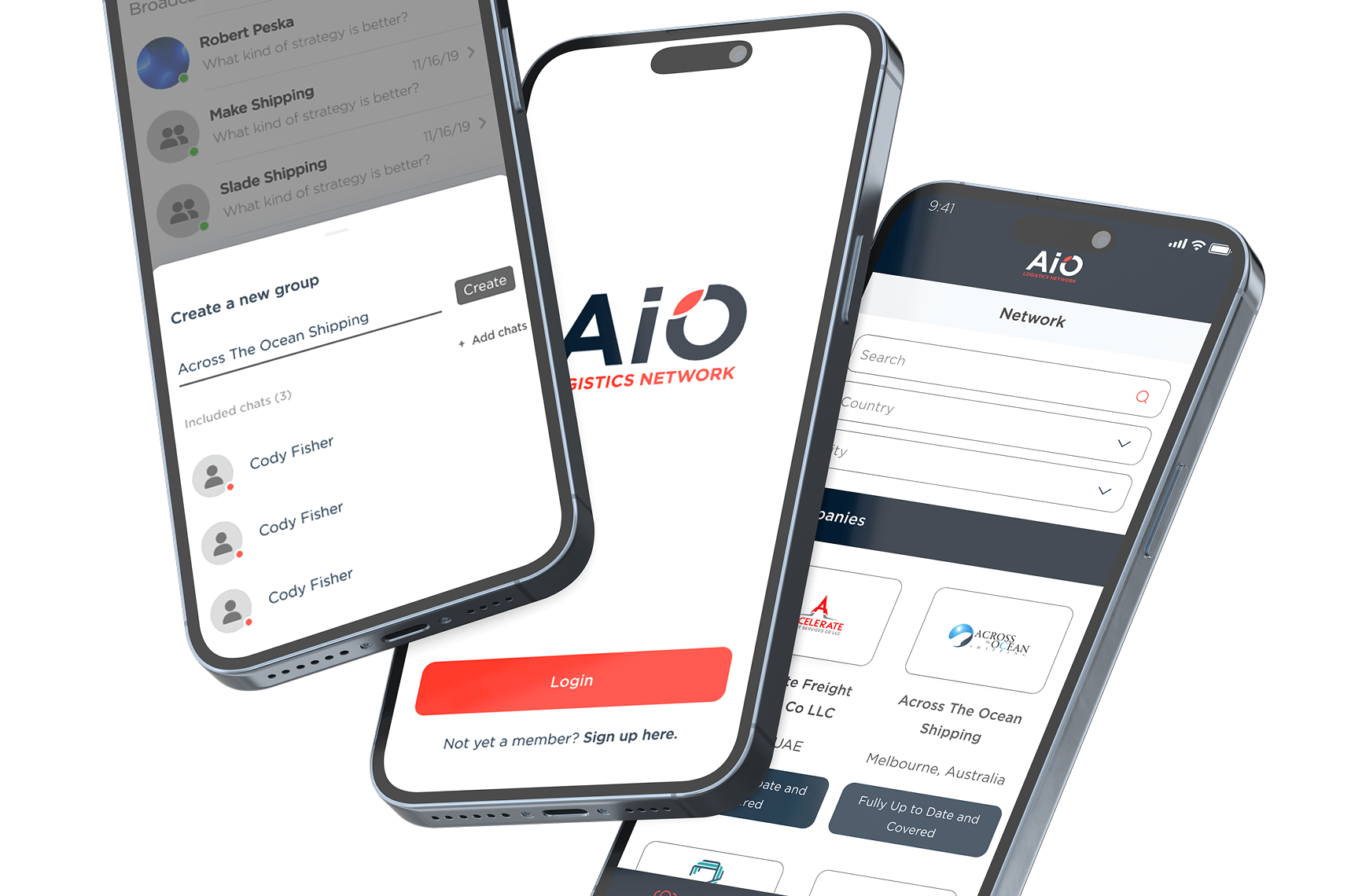CUSTOM AI
ARCHITECTURE
Competitive Edge
Artificial Intelligence is no longer a futuristic concept; it is a present-day imperative. Companies that fail to integrate AI into their operations risk obsolescence. We demystify AI, moving beyond the hype to implement practical, high-impact solutions. Our expertise spans Natural Language Processing (LLMs), predictive analytics, and computer vision. We build custom AI agents that can handle customer support, automate complex document analysis, or optimise supply chain logistics. Crucially, we focus on 'Human-in-the-Loop' systems, where AI augments human capability rather than replacing it. We navigate the complexities of data privacy and ethical AI, ensuring that your solutions are not only powerful but responsible. By embedding intelligence into your core processes, we unlock new efficiencies and capabilities that were previously impossible, giving you a decisive competitive edge in your market.
Execution Architecture
A precise, recursive methodology engineered to deliver scalable results.
Assess
Data Audit & Strategic Mapping.
Model
Architecture & Fine-Tuning.
Build
Full-Stack System Integration.
Deploy
Scalable Cloud Infrastructure.
Ready to buildthefuture?
Initiate your project sequence. Let's discuss how we can accelerate your product roadmap with AI-first development.





